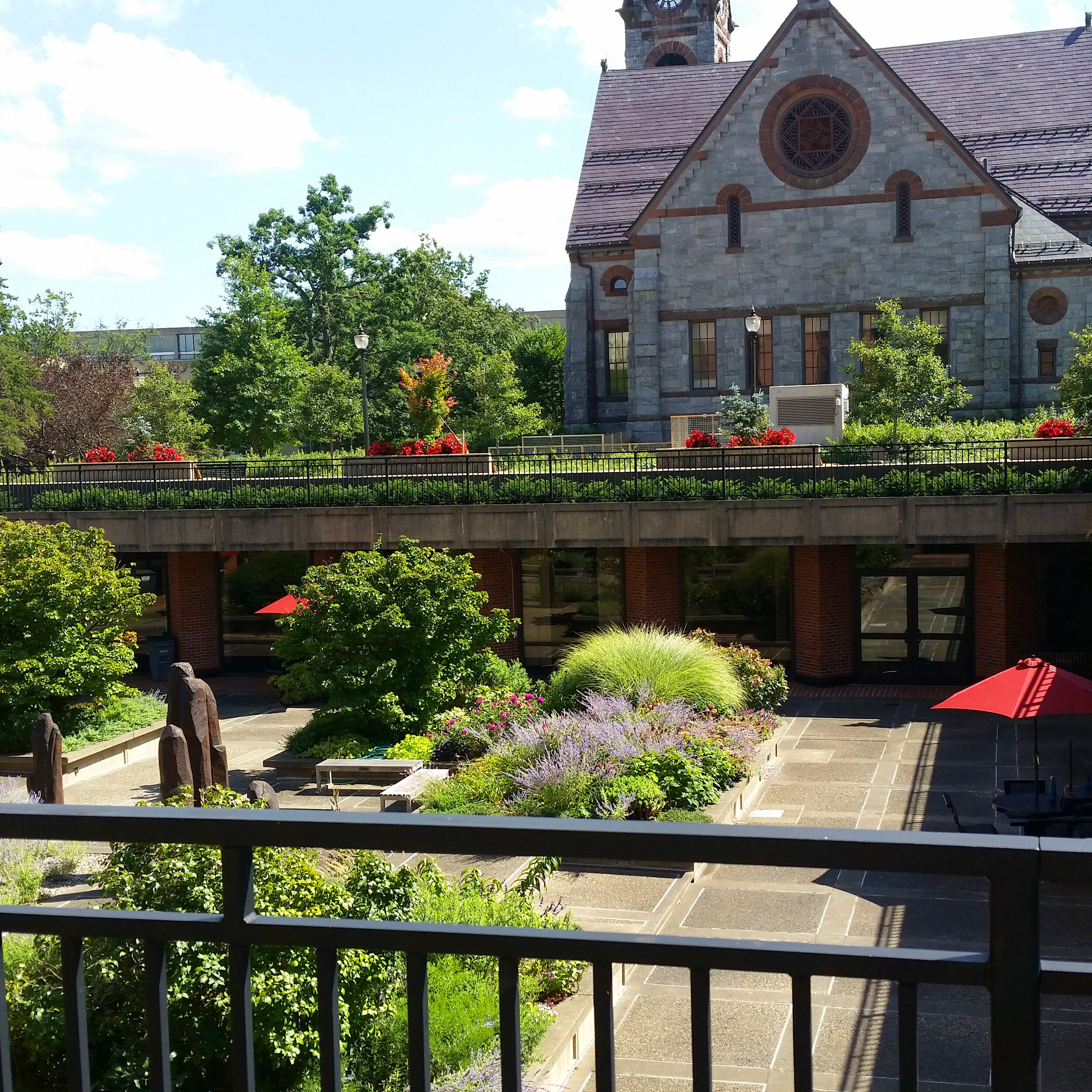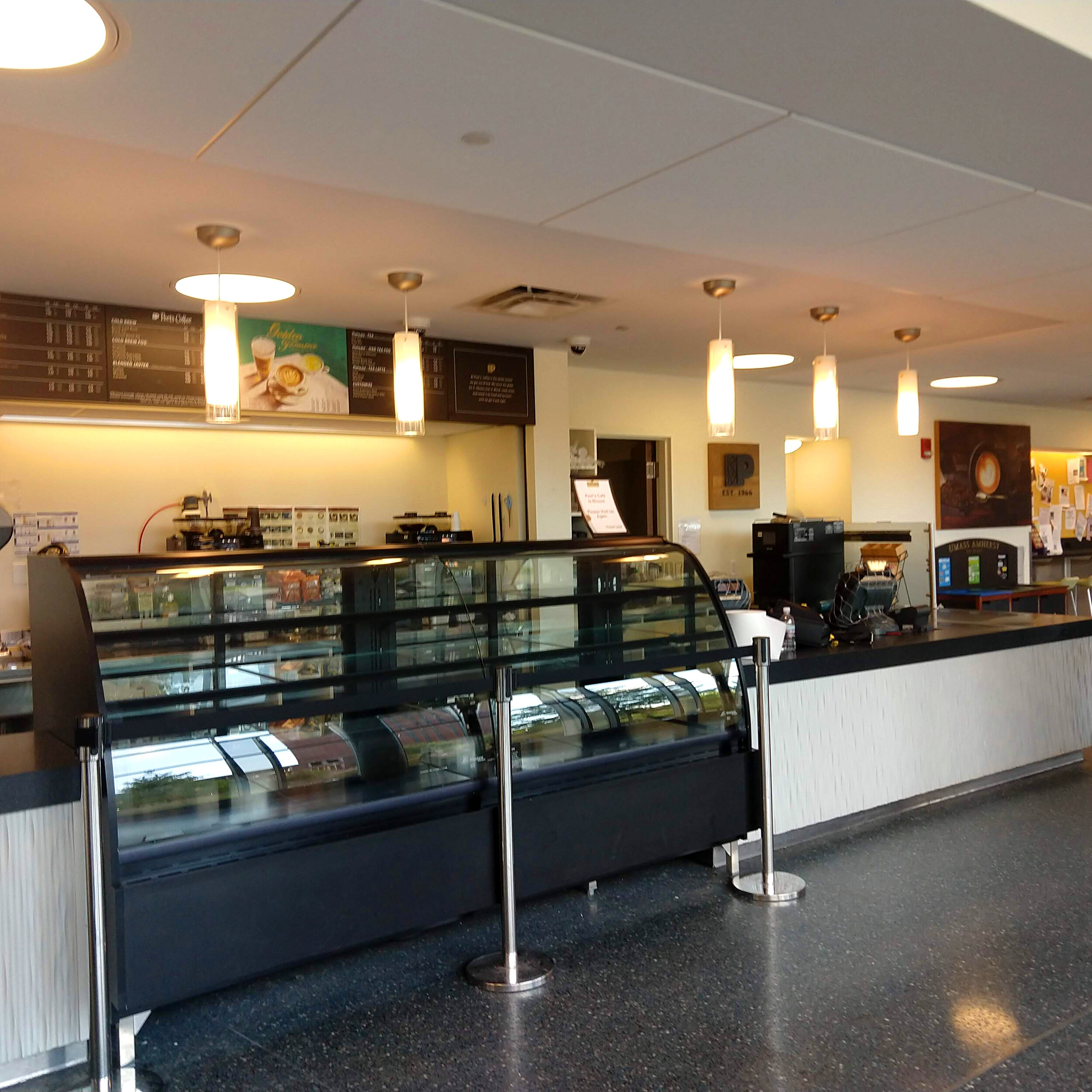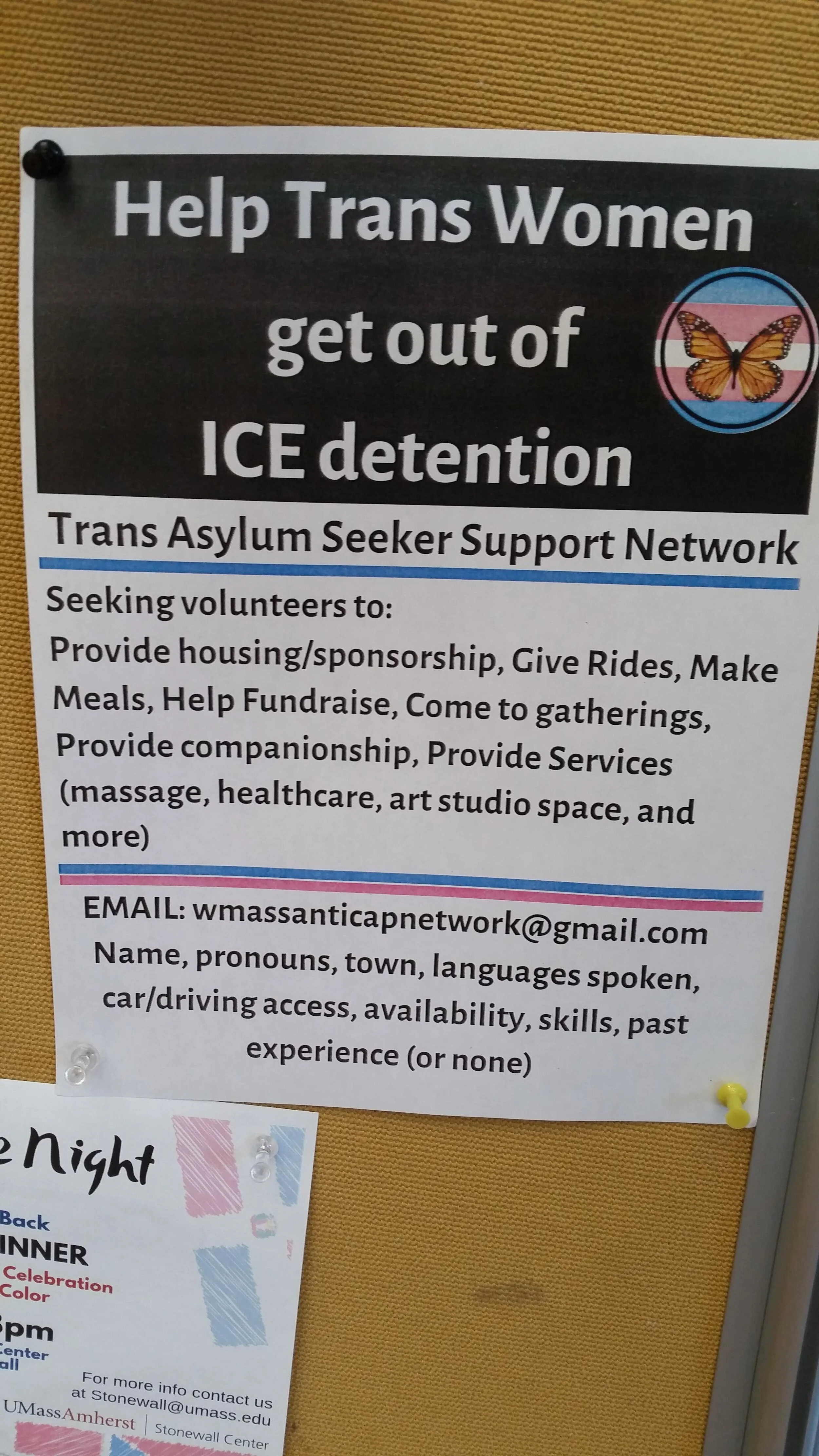UMass Amherst
Amhest, MA
The Philosophy
Large 4 year public university
25000 undergrad, 5000 grad
8% Greek life, some sororities are all gender inclusive
The Classes
Average class size 36
70% of classes are 30 or less
350 capped class size
18:1 student to faculty ratio
The Path
EA Nov 4
RD Jan 15
Financial Aid Priority March 1
3.7-4.1 average GPA for incoming freshman
Basically no spring apps
110+ majors, 100 programs, and BDIV (interdisciplinary, create own major by joining 3 or more majors)
Can major in 2 different colleges
9 categories of gen eds
Gen eds can cover 2 categories
Classes required by college/school within university (10 schools)
Classes required by major of choice
The People
Has the second most populated area in the United States next to Manhattan
35% students of color
25% faculty of color
50% female faculty
The Aid
$31,000 in state $50,000 out of state
FAFSA only
Can't meet 100% of need
Aid travels with you on study away and study abroad programs
The Resources
Office hours every week
Can do research as undergrad
93% of professors have terminal degrees
Discussion classes capped at 25, lead by TA who got an A in the class
Internship program called Handshake that aligns a students profile with businesses looking for interns. Also helps you find coops and post grad jobs
UMass purchased housing in Boston for students doing internships there there
Research level 1 institution
Every department has own career office
Alumni association
Every major can study abroad/away
Study abroad on every continent
Over 100 study abroad for a semester, year, or summer
Also domestic exchange, most popular being in Hawaii (same price as UMass)
Financial aid travels with you
Library - 28 floors, 5 million volumes, thousands of volumes of WEB Du Bois, Silent floors, 100 free printed pages per semester, 3 D printers, Library cafe
Writing center - tutors train for a full year
Best dining in the country
All buildings have gender neutral bathrooms
Residential academic dorms
Kitchenettes available on most dorm floors
4th safest campus in USA by Forbes
Cars allowed all four years
Thursday Evening Post lists all events happening in the area
4, soon to be 5, gyms on campus, open from 6am to midnight. All classes are free. Trainers at $18 per hour. Free nutrition advising
D 1, 9 women, 10 men's teams. All games free to students.
Many athletic clubs, similar level to HS varsity
Part of the 5 School Consortium
Can take 8 credits at other colleges for same price tag
400 clubs - UMass outing club (whit water rafting), Goat herding club, surf club, aerospace club, actuarial science
All clubs at other colleges available
Speakers and performances are drawn to the 5 college area
Concerts are free or about $15
Free bus system to all 5 colleges and local stores
North Hampton 20 minutes, free bus rides
Peterpan service to Boston, NYC, Philadelphia
Cliff jumping pond just off campus
ONLY electronic communication, no paper
EA Nov 5th - ALL materials submitted
8% increase in EA last year
Only email the students, not parents or counselor
MBHE gpa recalculation is used
All GPAs are recalculate on 4 point scale and then apply their own weighted system 3.7 - 4.1
ACT (24) or SAT super score (1180-1240). Do not send rushed scored, because they are sent via paper and recycled (electronic ONLY)
Optional essays are not optional
1 academic letter of recommendation, most send 2-3
Must choose major but there are exploratory tracks within schools
Selective majors include nursing, computer science, engineering, business
Nursing - no internal transfer process. All others open to internal transfers
Commonwealth Honors College qualifications , can enter first semester or once at the school
No specific major to be in honors
10%, 640 seats for honors. 4.4 weighted gpa
Honors college residence Halls are privileged
Bigger dorms
Smaller class sizes
Must do a thesis
Not applying directly to CHC, all automatically considerer


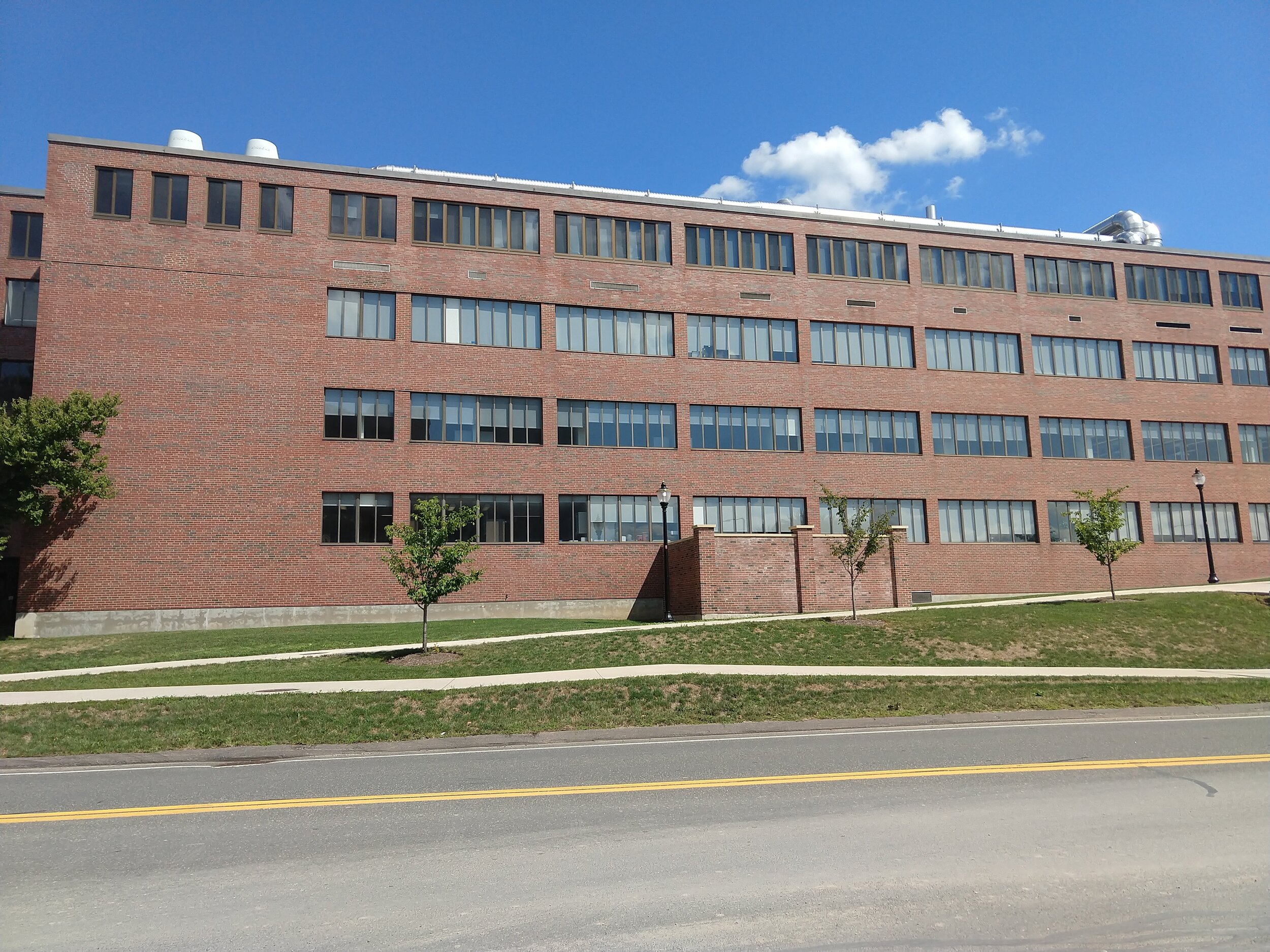



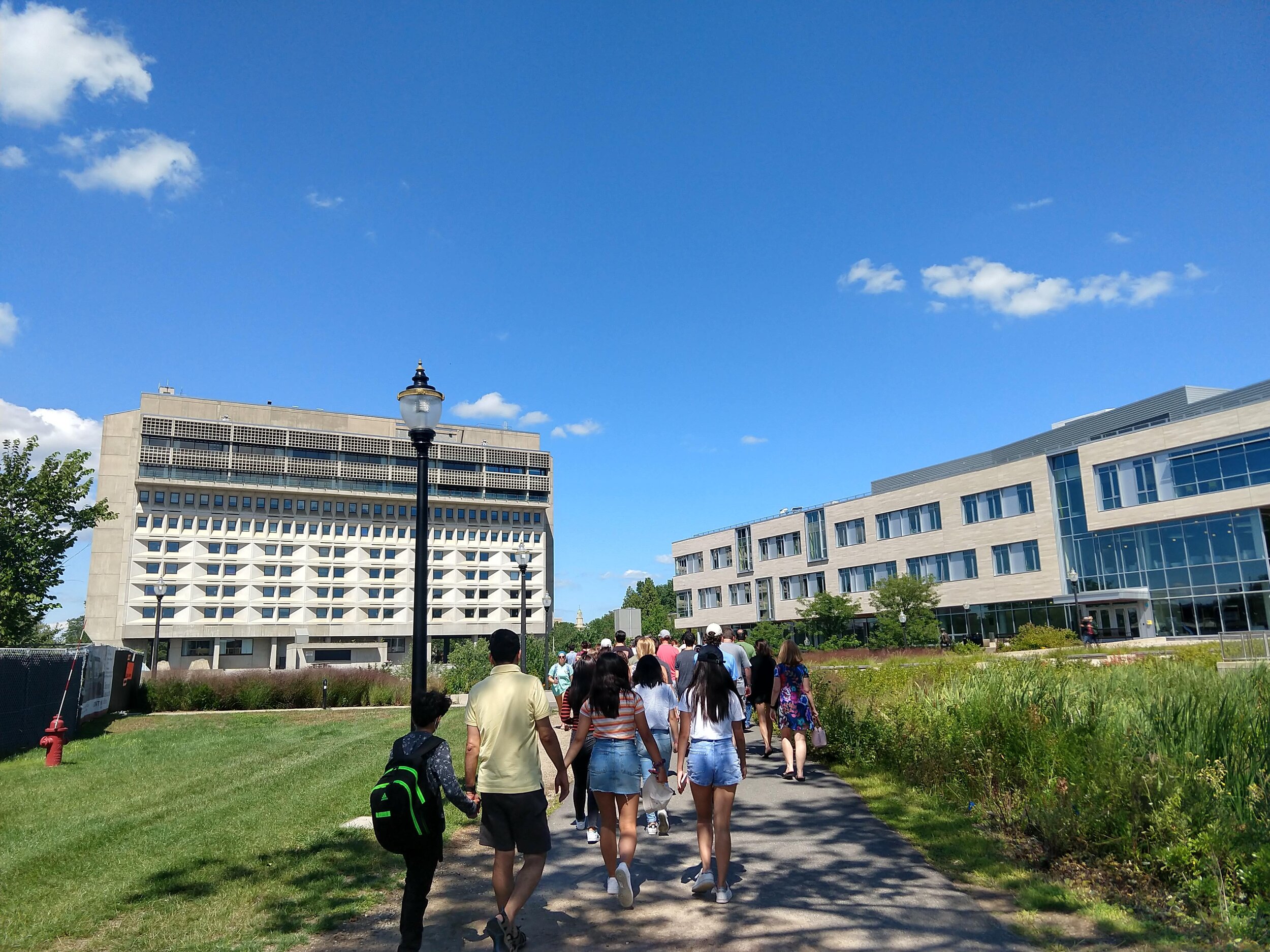
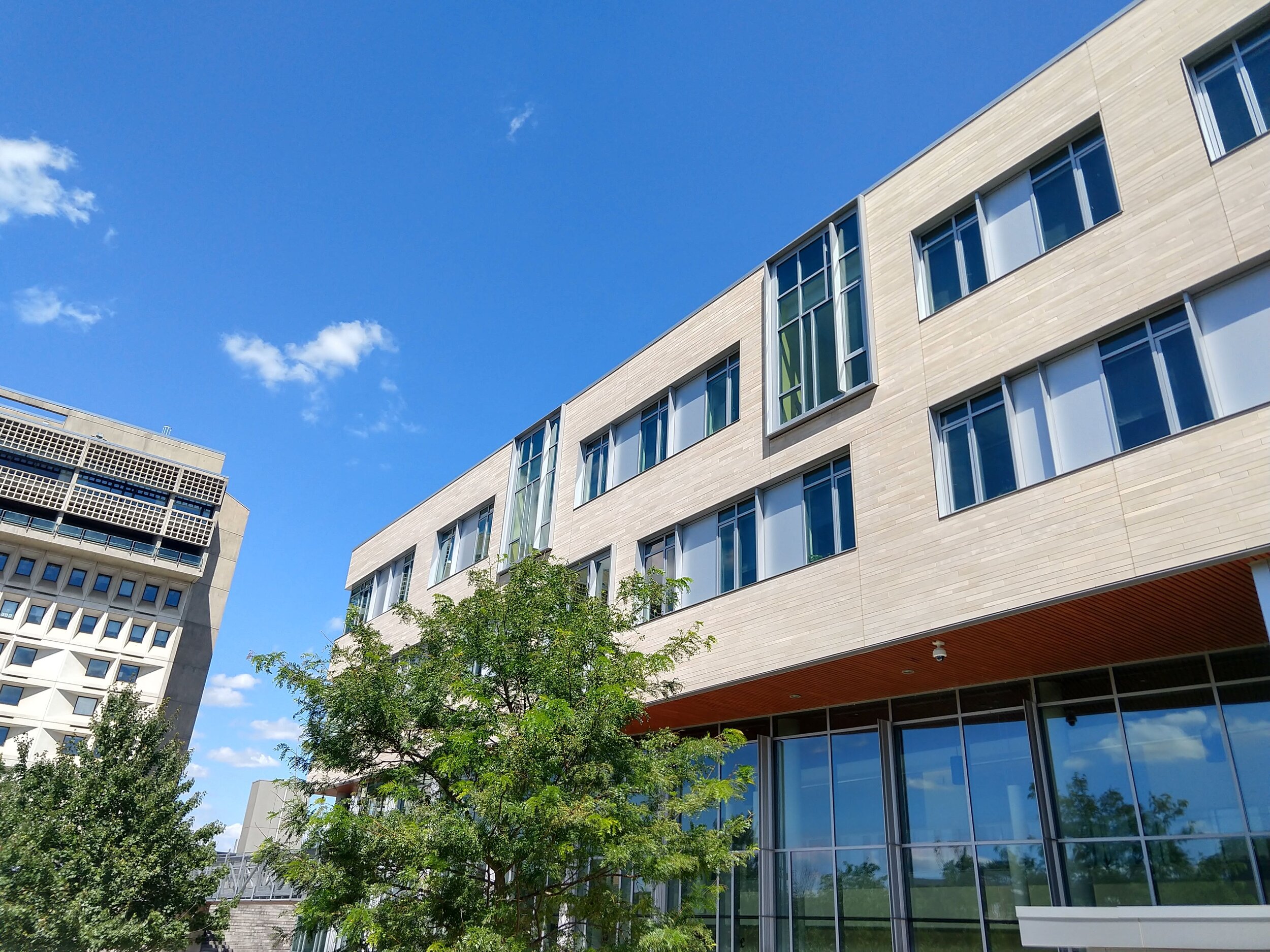













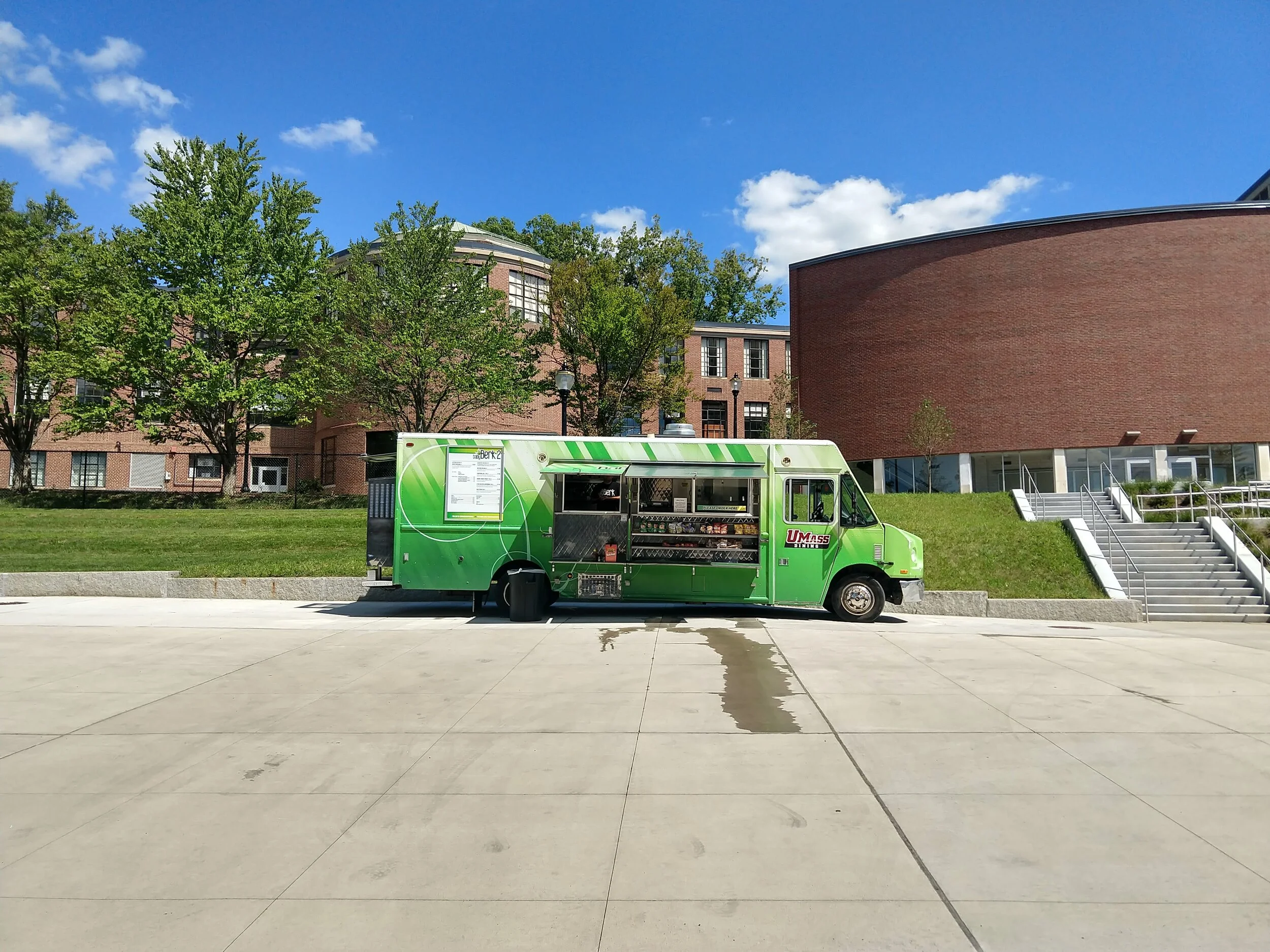

















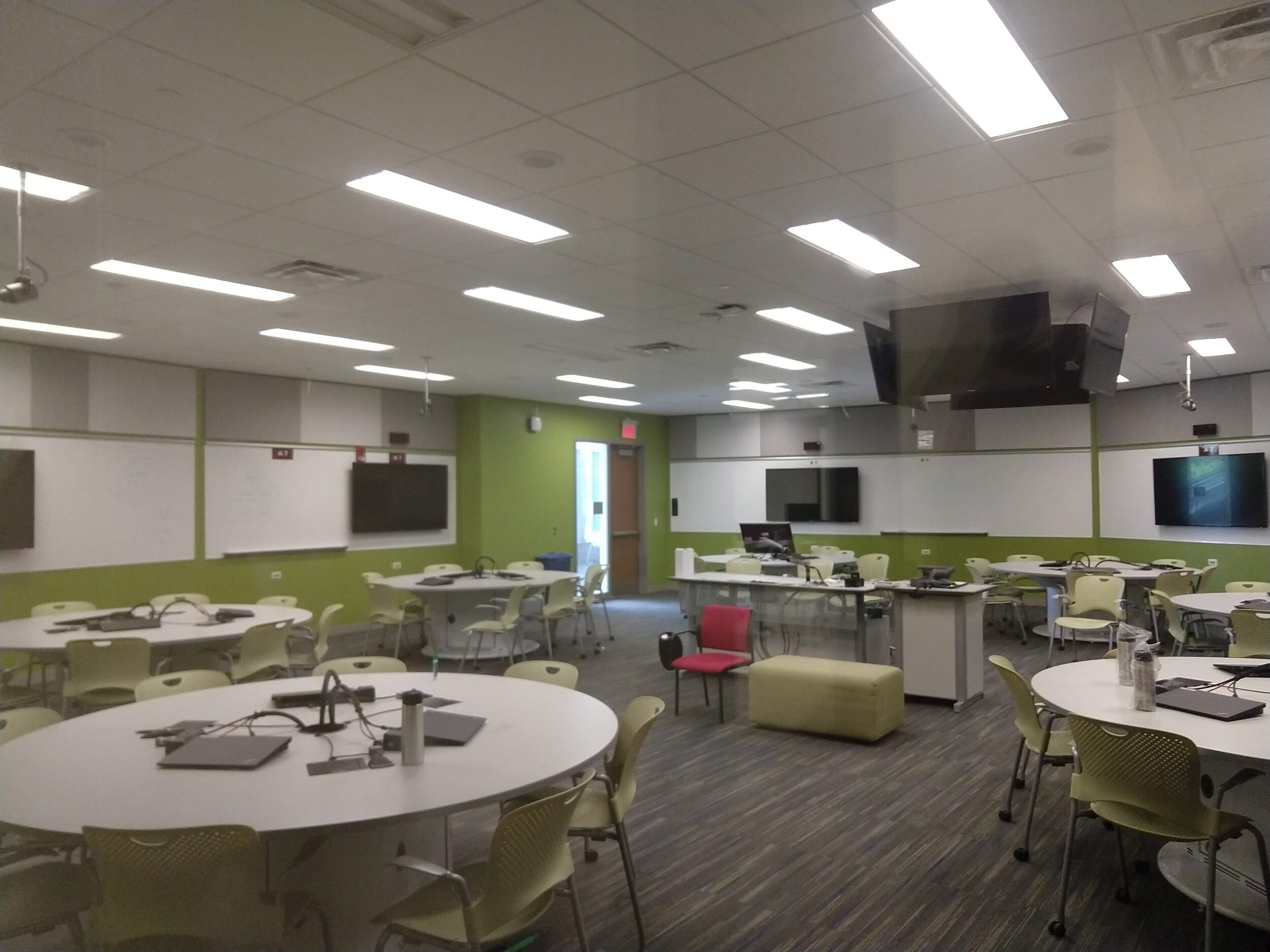





































A liberal mecca in cosmopolitan and scenic western Massachusetts, UMass boasts strong study abroad programs and an international flavor. Management and engineering are also strong. In addition to the resources of a major research university, offers ready access to privates Amherst, Hampshire, Mount Holyoke, and Smith via the Five College Consortium. Lack of big-time sports makes for a lower national profile than the likes of Michigan or UNC.
A leading flagship and land grant university with more than 150 years of tradition, the University of Massachusetts Amherst offers students a dizzying array of majors, extracurriculars, and social opportunities in a top college town, plus a strong honors program. UMass’s membership in the Five College Consortium makes it a good choice for students who want to take advantage of the extensive resources and programs of a large research university, while also getting a taste of the small-school atmosphere and intellectual rigor of four elite private colleges-all without emptying their wallets.
UMass’s sprawling 1,463-acre campus is centered on a pond full of ducks and swans, while architectural styles range from colonial to modern. The school is located on the outskirts of Amherst, a city that combines the energy of a bustling cosmopolitan center with the quaintness of an old New England town, while also catering to college life. UMass’s library system is the largest of any public institution in the Northeast. The campus is undergoing a spate of new construction, including the Physical Sciences Building, offering flexible labs for research teams, and the 70,000-square-foot Isenberg Business Innovation Hub, featuring classrooms and a business analytics lab.
UMass offers more than 110 undergraduate degree programs, and among them management, engineering, and computer science are top-ranked. Psychology, public health sciences, biology, and computer science are the most popular majors. Nursing, accounting, finance, and sport management also draw praise. Students seeking to stand out from the masses might consider the interdisciplinary major in social thought and political economy, or the bachelor’s degree in individual concentration, a design-it-yourself major. The Exploratory Track Program places undeclared first-years into one of seven academic advising tracks, based on the interests and academic strengths demonstrated in their admissions applications.
All undergraduates must complete courses in writing, basic mathematics and analytic reasoning, the biological and physical world, the social world, U.S. and global diversity, and an integrative experience. The writing requirement includes a freshman course taught in sections of 15 or fewer. Commonwealth Honors College offers qualified students special courses and sponsors interdisciplinary seminars, student gatherings, service projects, and a $192 million, 1,500-bed residential complex that includes nine classrooms and space for gathering, advising, and program administration. UMass offers 400 study abroad programs in more than 65 countries worldwide and sends 22 percent of its undergrads globe-trotting. The Center for Student Business offers one of the most imaginative programs at UMass, allowing students to staff and manage nine campus businesses, learning how to work with others and resolve conflicts professionally.
UMass’s intellectual and political climate is extraordinarily fertile for a large state university, and the school lends considerable research might to the Five College Consortium. This special alliance allows students to attend UMass and take courses (for no extra charge) at the other four consortium schools: Amherst College, Hampshire, Mount Holyoke, and Smith. Typically, 30 to 40 percent of the roughly 5,000 courses offered through the consortium are taken at UMass. The university is “definitely competitive,” says a student. “The faculty have responded to the demands of serious students by challenging us to learn how to succeed.” Twenty-eight percent of undergraduates participate in hands-on research with faculty. Full professors teach most courses, although some of the larger courses are broken down into smaller sections with graduate-level teaching assistants; overall, 50 percent of all undergraduate classes have fewer than 20 students. “I have had some amazing, out-of-this-world professors,” says a junior, “and some abysmal ones.” Academic and career counseling receive mixed reviews, and it is usually up to students to pursue career help.
“We have nerds, jocks, theater buffs, hippies, and future CEOs,” says a senior. Seventy-six percent of undergrads are in-staters, while 7 percent hail from more than 80 foreign countries. Five percent of UMass students are African American, 11 percent are Asian American, 8 percent are Hispanic, and 3 percent are multiracial. The university has established cultural centers on campus, providing activities and support for students from different backgrounds, but racial equity is still an issue, students report. “There are always rallies about better programs and aid for minorities,” says a senior. Merit scholarships averaging $5,600 are handed out each year, and athletes vie for 400 athletic scholarships in 21 sports.
UMass has one of the largest on-campus housing systems in the country. Sixty-three percent of students are housed among seven residential areas. The Residential First-Year Experience assigns first-years to living/learning communities with peers who share common interests and experiences. Many freshmen end up in the Southwest Area, a “huge, city-like complex” with five high-rise towers and 11 low-rise residence halls. “It is not a problem for students to get housing on campus; the only trouble is getting the housing that they want,” says a student. Dining services get good reviews. A senior comments, “The campus is very self-contained, and so I have felt safe on campus even late at night.” The UMatter at UMass program works to address issues of bias, sexual assault, hazing, high-risk drinking, and other community challenges.
UMass offers “a vast social life,” says a student, with several social dorms, off-campus parties, and about 500 student organizations of all types. “Most of my social interactions occur on campus during my extracurriculars. On the weekends, we frequent the restaurants and bars in Amherst center, which is a lively-if small-college town,” a chemical engineering major says. Both on campus and off, alcohol policies are strict and well enforced; off-campus parties are often registered with the university. First-time underage offenders are sent to alcohol-education programs. Seven percent of the men and 7 percent of the women belong to one of the more than three dozen fraternities and sororities, but they are somewhat out of the mainstream. The Fine Arts Center brings nationally known theater, music, and dance performances to campus year-round. A free public transportation system allows maximum mobility-not only among the Five Colleges, but also to nearby towns, which are graced with a number of exceptional bookshops.
Settled in the Pioneer Valley and surrounded by the Berkshire foothills, Amherst is close to good skiing, hiking, and canoeing areas. It’s also 90 miles west of Boston, 150 miles north of New York City, and 25 miles south of Vermont and New Hampshire, making a car very useful (and very expensive if you get too many tickets from overzealous campus cops, students say).
Though lacking national visibility, Division I varsity sports are popular, especially football and men’s and women’s basketball and ice hockey. The UMass Minutemen and Minutewomen compete primarily in the Atlantic 10 Conference; men’s soccer, women’s lacrosse, and women’s track and field are recent conference champs. With approximately 50 intramural offerings and 40 club sports, recreational opportunities are extensive.
UMass is big enough to offer a vast number of academic and extracurricular opportunities, though at times it can feel impersonal and overwhelming. But with special residential programs that group students with similar languages, cultures, and lifestyles, many students will easily find a home in Amherst. And as one junior cheers, “We have so many resources. If we don’t have what you want, we’ll give you the opportunity to create it!”
-Fiske Guide





